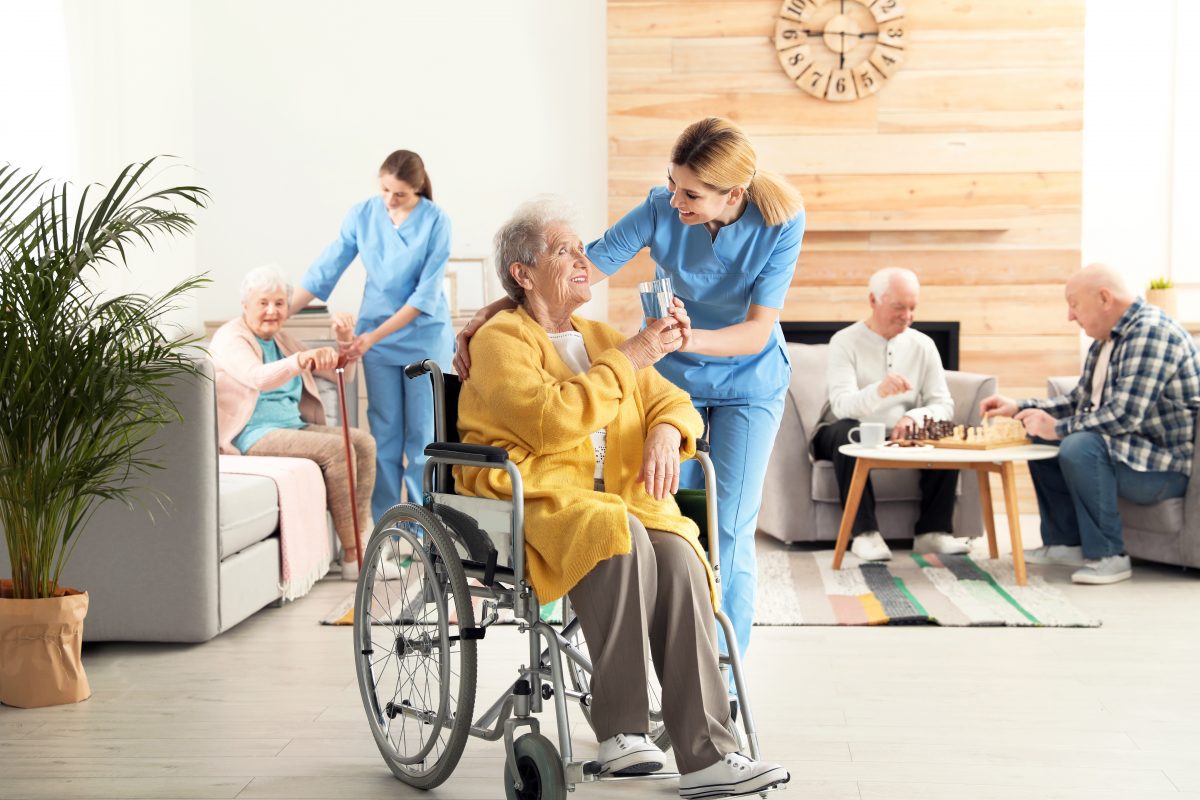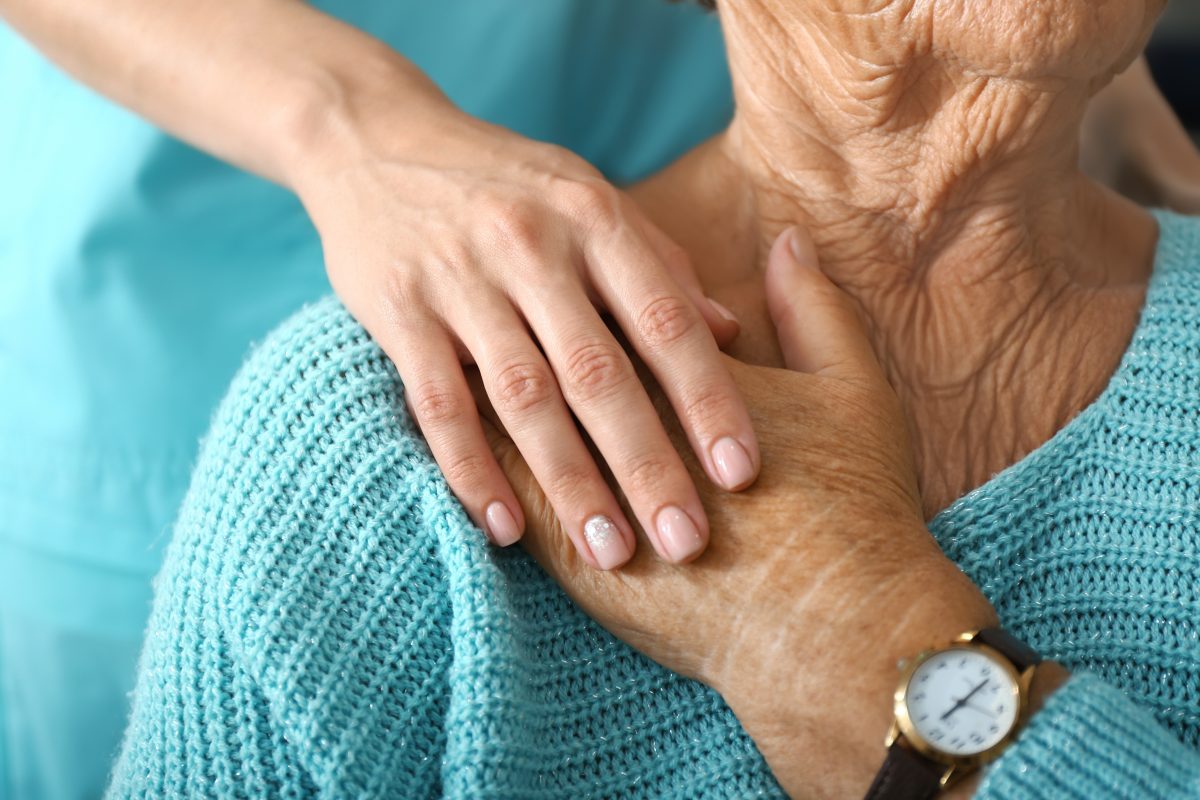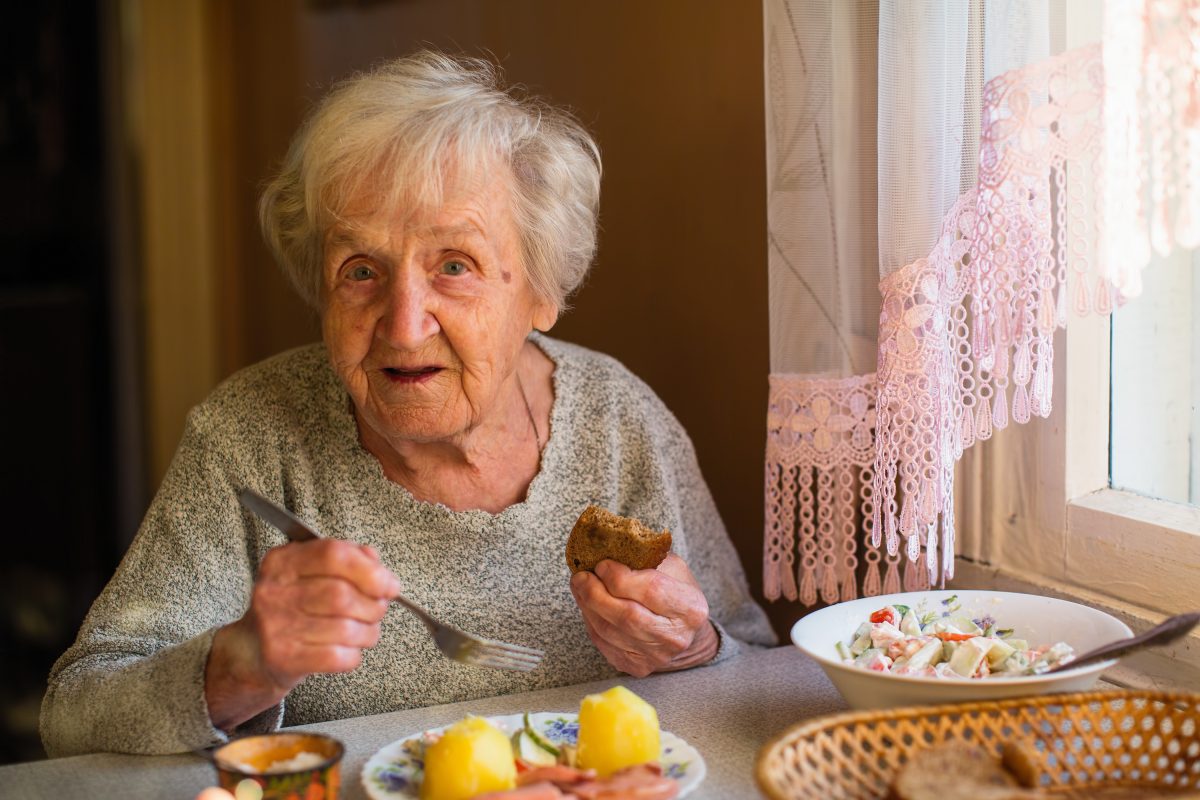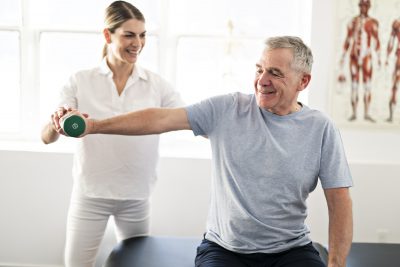The healthcare industry has continued to improve to assist elders in maintaining their independence while remaining comfortable throughout their days. Thanks to technological advancements, medical professionals and caregivers can provide support and supervision for elders in many ways. The following are ten examples of how elder health care has evolved.
- In-Home Medical Care
With in-home medical care, there is no need to go to a doctor’s office or hospital for check-ups and simple tests that could otherwise be done in a home setting. Nowadays, when choosing elderly companion care, there is enough flexibility to decide whether to have your loved ones go to a senior care facility or have them receive care while in their own home.
This service is especially useful for those who have trouble getting out of bed or moving from one location to another. It’s also more convenient and affordable for families who can devote part of their own time and assistance in caring for their senior family members.
- Assistive Technology
Assistive technology is also making it possible for seniors to stay at home and avoid having to move into an assisted living facility. The use of apps and smartphone technology are making it easy for some seniors to live independently. Monitoring devices can be used to supervise a person’s daily activity, temperature, lighting, security features, and even smoke alarms. This allows caregivers or family members to track a person’s daily routines and make sure they are safe and healthy.
- Virtual Visits
Another new tool that has been making waves in the senior health support industry is the ability for seniors to go into their doctor’s office without actually going into their office. This practice, known as virtual visits, allows doctors to be able to see their patients without having to leave the clinic. A person can be diagnosed and even have prescriptions written in a matter of minutes over the phone or the internet.
- Assistance For Daily Activities
Previously, seniors receiving home care services were only given assistance with cleaning and cooking dinners at night but today, many elders are increasingly receiving more comprehensive care.
Home care professionals now provide a broader range of senior health assistance when it comes to other activities such as grocery shopping, running errands with residents around town, and conducting light yard maintenance as needed. This type of support keeps seniors connected in their community, ensures that their workload remains light, and can greatly improve their mental health.
Digital technology helps seniors in performing their daily activities more independently. For example, they can use smart assistants, like smart speakers to assist them in online shopping and robotic vacuum cleaners to help them clean the house.
Home care professionals also assist seniors during physical activity sessions, such as teaching them basic exercises or assisting during online workouts for seniors. Seniors need regular exercise to feel younger, healthier, and happier. Moreover, exercise lowers their risk for dementia, Alzheimer’s, diabetes, hypertension, heart disease, and obesity. Seniors can track their exercise and health progress with the help of smartwatches, heart monitors, and smart sensors.
- Mobility
When people think about senior health support, one of the first things that probably come to mind is mobility assistance. And mobility device options for the elderly have broadened over the years too.

Health professionals now offer more options than ever for seniors to remain mobile, including knee scooters, rollators (walkers with baskets), electric scooters, power chairs, and more. The use of motorized mobility devices has increased rapidly in the past few years.
The use of these motorized aids is often driven by need as it would also depend on the elderly’s health and physical condition. But with the rising number of people suffering from arthritis and other mobility challenges during their senior years, it’s no surprise that mobility devices have really taken off.
- Health Rehabilitation
Because of age, it becomes an increasing challenge for seniors to get around their homes or even out the door by themselves. This makes simple daily tasks like taking a shower and sleeping more difficult than before—not to mention dangerous if something should happen to them as they try to walk and move around the house.
That’s why health rehabilitation programs are now available as this can help seniors learn how to continue living independently for as long as possible via safety features like grab bars in the bathroom and handrails along staircases.
Health rehabilitation services are now extended through online channels via telehealth or telemedicine. Seniors and healthcare practitioners can communicate through telehealth apps to assess health and discuss possible rehabilitation services that can be performed through virtual assistance. Examples include online teaching on how to perform passive range of motion exercises, cognitive therapy, and one-on-one counseling.
- More Senior-Friendly Environments

A major area where senior health support has changed through the years is in regards to making public spaces more senior-friendly. This includes making sure that there are seats available on buses and subways, ramps for those who have to use wheelchairs, handrails installed along with steps at public buildings, and many more changes like these. Most malls, parks, and buildings already have ramps and rails installed to assist the movement of elders and persons with disabilities.
Both the government and the private sectors are working to create more senior-friendly environments. There have been many legislations and local ordinances prioritizing the welfare of senior citizens to ensure their health and safety. From social services to healthcare services, the governments ensure that seniors receive adequate support they need to make the most of their remaining years.
- Expanding Prescription Options
Senior health support has also improved concerning prescription options. In some cases, doctors are now prescribing marijuana as a medical alternative to patients. Other times, they might be moving towards the use of medical cannabis or a combination of both traditional and alternative medicine.
Many prescription drugs that were only available for people younger than 65 years old now have senior-specific medications as well. This is particularly helpful for those who have hard time processing pharmaceuticals and are in need of a more gentle, natural option.
- Advanced Dental Care
Dealing with dental issues can be very frustrating, and poorly repaired teeth not only prevent seniors from eating properly but also cause pain and discomfort.
Today, a wide range of senior health support services is available to help seniors maintain healthy gums and clean teeth. Some options include:
- Teeth Whitening – This helps restore stained teeth and promote a healthy, glowing smile. Teeth whitening can also help if your senior is self-conscious about their discolored teeth and wishes to brighten up their pearly whites.
- Dental Implants – Dental implants are a good alternative for seniors who dislike dentures and would rather not be fitted with them. Dental implants provide a stable, permanent replacement for missing teeth and can help improve their speech and ability to consume solid foods.
- Dentures – Dentures are removable teeth replacements that can be used to support a senior’s lower or upper arch. Dentures can be used if a senior has lost all their natural teeth or needs a correction for an existing ill-fitting set of dentures.
These are just some areas in dental procedures that have improved for the elderly, but there are more that can help elders maintain a healthy and bright smile. However, some procedures are just merely cosmetic purposes. What’s important is that they can still perform basic oral maintenance and have their annual dental check-up.
- Nutrition
Seniors are sometimes on a restricted diet based on their specific health conditions. This is why it’s important to know what their body needs in order to stay healthy since proper nutrition is vital for living a long life!

Seniors can now enjoy home-cooked meals or pre-made options specifically tailored to address their nutritional requirements. It has never been easier to get the nutrients they need by means of low sodium, low fat, and gluten-free food since all these are available at a nearby supermarket. Many groceries can also deliver door-to-door, making it more convenient for elders who have issues with mobility.
Conclusion
Senior health support has changed throughout the years, but there are still many new developments that have yet to happen. As more research is conducted and technology advances, it will be interesting to see what happens next. One thing is for sure, all these advances have contributed to the good quality of life that seniors are still enjoying in their old age.
